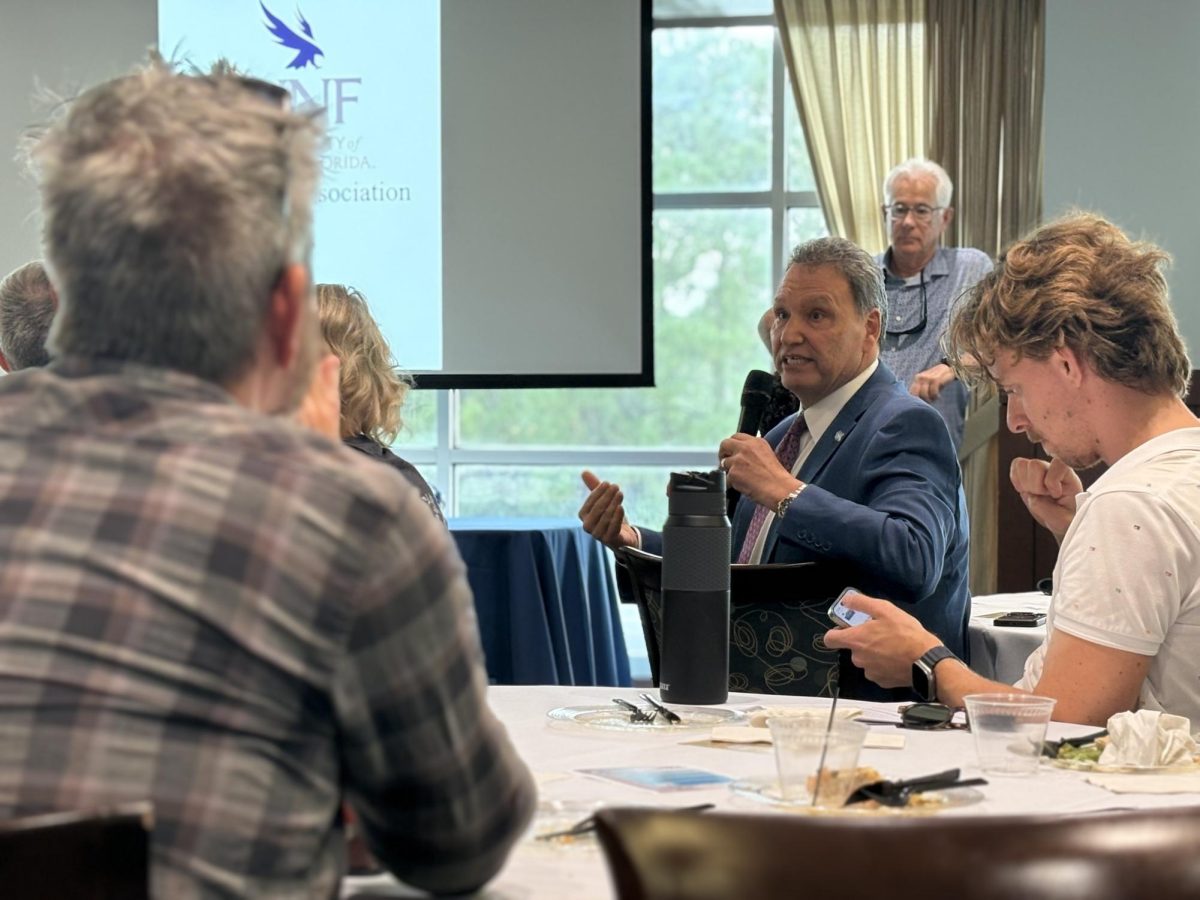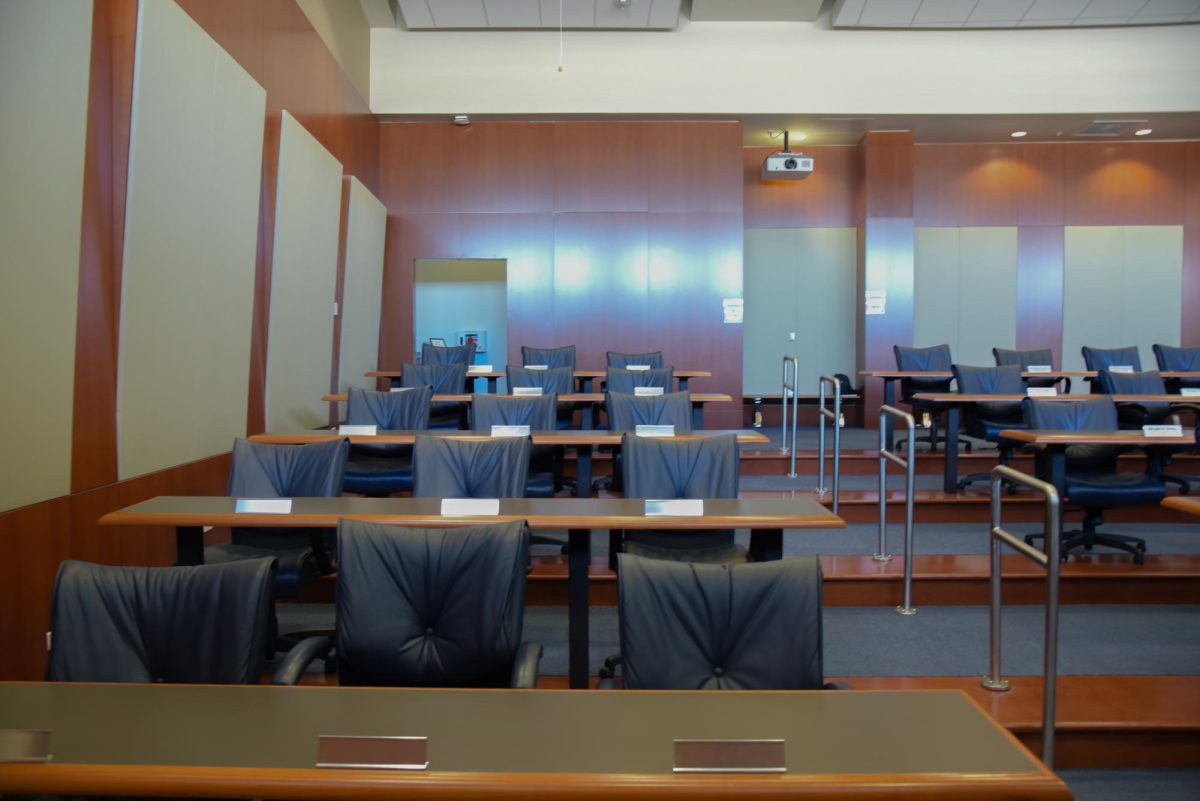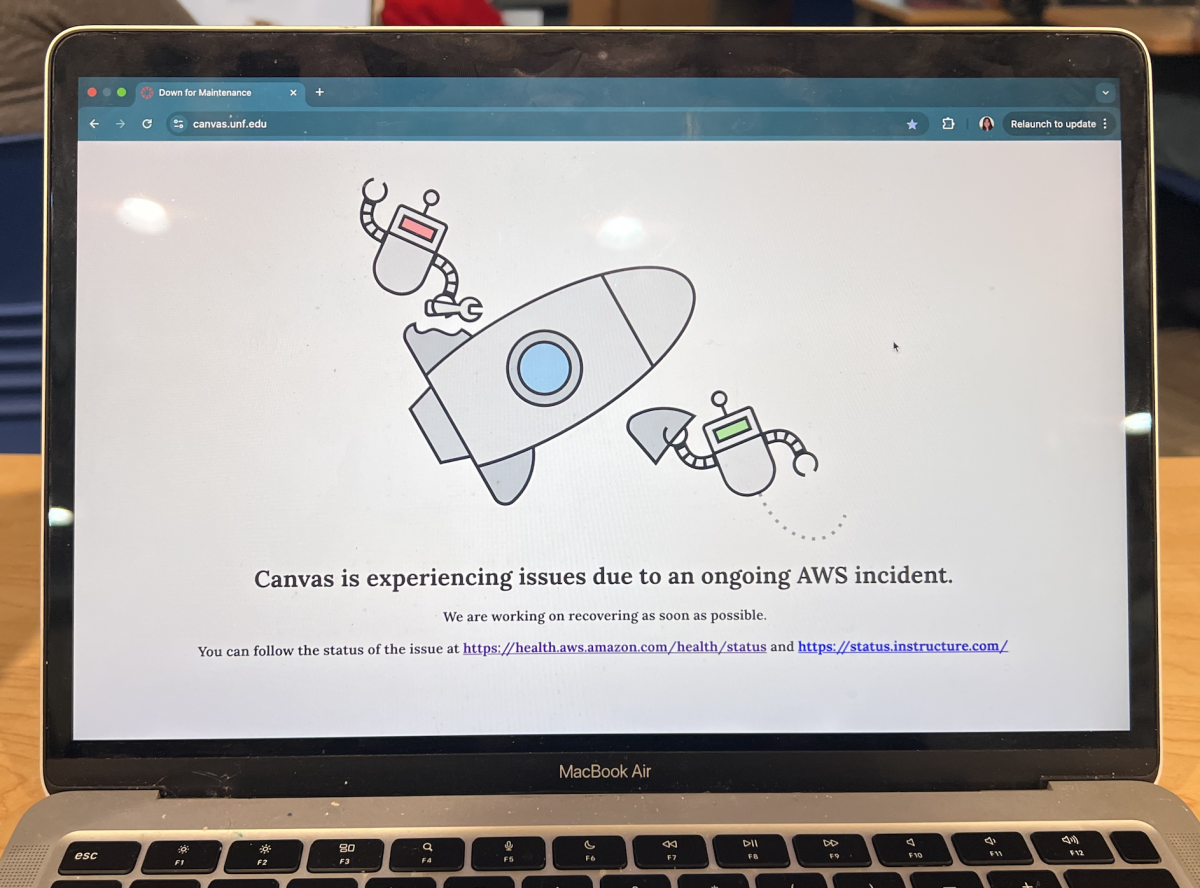The UNF Compliance, Ethics and Risk Oversight Committee met on Tuesday, Sept. 26 in order to delve into an update regarding the nondiscrimination and sexual misconduct regulations, as well as address the recently issued Clery Act Report and learning management system project.
President David Szymanski, though initially expected to be present, was ultimately not able to be in attendance to the meeting. He reportedly sent the committee his apologies and acknowledged the importance of this particular meeting.
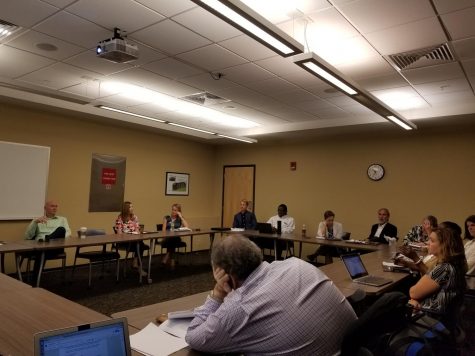
The meeting was launched with a discussion regarding an update to the nondiscrimination and sexual misconduct policies and regulations. After Szymanski sent out an Osprey Update on Aug. 23 regarding the entire campus’s responsibility to report sexual assault, the committee continued to discuss the nuances of the requirement. An update was proposed at their previous meeting on Sept. 1, though the members in attendance had not reached a firm decision at the time.
Specifically, the committee has made the decision to remove student workers from the definition of mandatory sexual misconduct reporters, or “Responsible Employees” in the University’s official regulations. Currently, the definition recognizes all other University staff and faculty, including adjunct professors and part-time workers.
In particular, members questioned the distinction between full-time students who are employed by the University versus full-time University employees who also happen to attend UNF classes part-time. The committee came to the consensus that the emphasis would be placed on primary, full-time students being excluded from the definition. Additionally, the committee discussed the inclusion of mental health providers who are acting in and around the University, albeit outside of the Counseling Center itself.
Finally, they addressed the one apparent exception to the update: Resident Assistants.
One member of the committee, Everett Malcolm, referred to RAs as being on the “front line of receiving information,” at which point it was clarified that the regulations do, in fact, specify that all employees involved in Housing and Residence Life, including RAs, are required to take part in the training and reporting processes.
The full draft of nondiscrimination and sexual misconduct regulations will be forwarded to the UNF Board of Trustees for approval on Oct. 11.
Next, the committee discussed the 2017 Clery Act Report, which was recently released by UNF Police Chief Frank Mackesy within the last week and provides annual campus crime statistics.
A review of the Clery Act raised apparent “questions” among some committee members as, according to Co-Chair Joann Campbell, “[The Clery Act Report] at best sometimes confusing, at worst sometimes contradictory and sometimes illogical.”
Assistant Vice President of Research John Kantner told the committee he would be setting up the process to present and address members’ specific questions at the upcoming Board of Trustees meeting.
As a result of the aforementioned campus policies, the information contained in the Clery Act Report is expected to be an important factor in decisions ongoing training for students and employees.
“The Board of Trustees is very engaged with the Clery Act and are very supportive of continued training for students and employees,” Co-Chair Julia Hann noted.
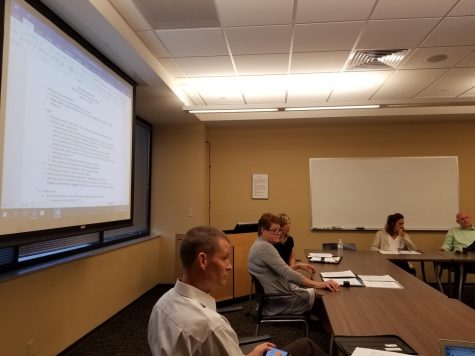
It was at this point that the committee shifted gears, moving their focus to the topic of General Data Protection Regulations.
Campbell stated that the University is currently doing an inventory of all systems that deal with confidential data, including the Enterprise system, which transmits, stores and manages sensitive information at the department level.
The committee engaged in a discussion regarding the potential to allow students to opt out of such sensitive systems in the future based on how their student standing could be affected. For instance, a student could not opt of out using or having their information stored in Banner without essentially rescinding their status as a student. However, research opportunities that deal with human subjects and identify personal data, for example, would be instances where a student would be allowed to opt out of the informational operation without affecting their student status.
Finally, the committee discussed a new learning management system project the University is implementing, which will allow for easier tracking of student and employee training. Currently, only employee training is being tracked, with student training systems, such as Campus Clarity, residing separately.
—
For more information or news tips, or if you see an error in this story or have any compliments or concerns, contact editor@unfspinnaker.com.









